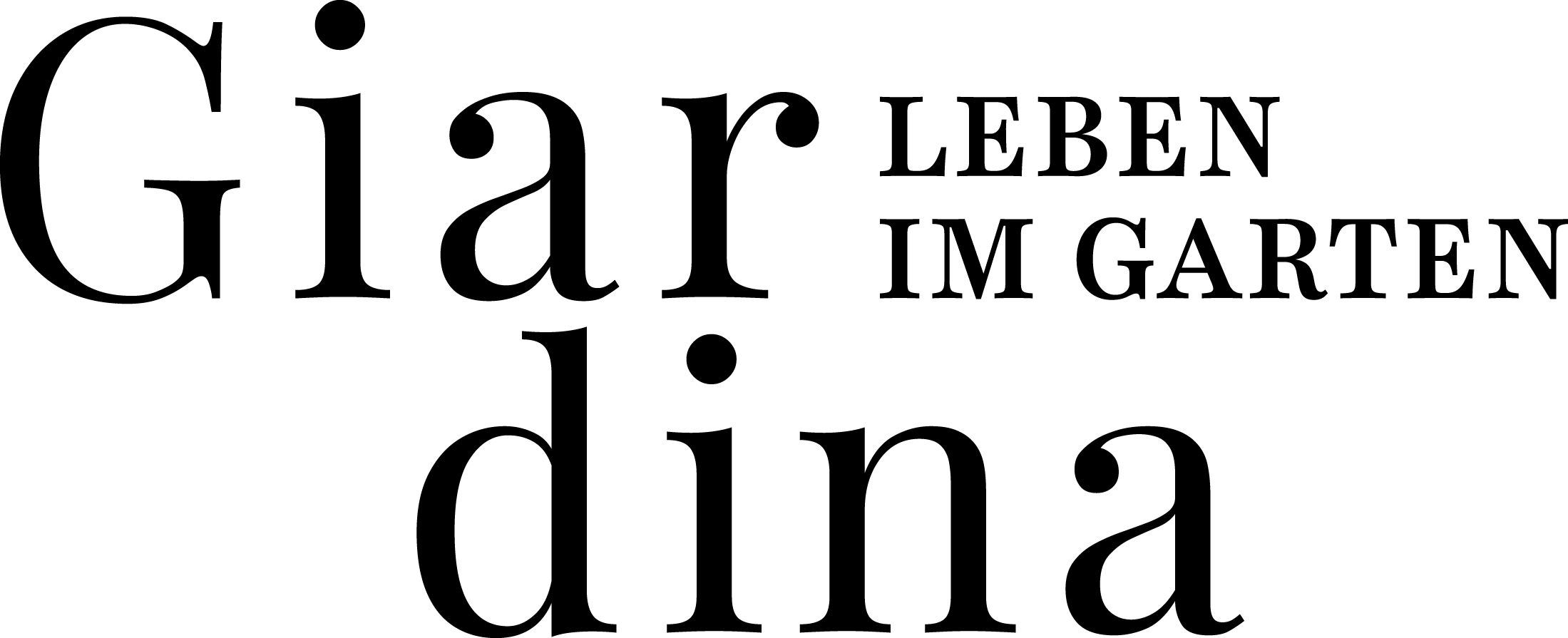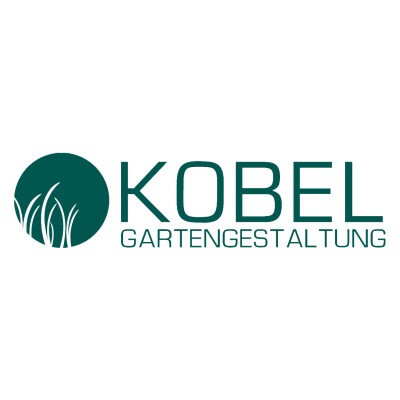High-quality composting of green waste: A sustainable solution
The green waste from your garden is transformed into high-quality soil food at our composting plant in Uetikon. The quality compost will later help your plants to flourish again.
What is regarded as ideal compost in many nurseries, allotment gardens and home gardens is in most cases only the poor remains of decomposition, in which more ingredients are lost than gained.
There are many reasons in favor of controlled, aerobic composting in home gardens, on housing estates or at the workplace.
Manure from animal husbandry, vegetable waste, leaves and lawn cuttings, flower bouquets, potted plants, fruit and vegetable waste, food waste and chopped tree, shrub and perennial cuttings can be composted.
The more colorful the mixture of starting materials, the greater the chance of the best quality end product.
Aerobic composting produces high-quality soil nutrients and the cycles of organic substances can be closed in a decentralized manner, with major ecological benefits.
During composting, bacteria, fungi and small animals process the organic material into humus. Oxygen is essential for this process.
If no oxygen reaches the organic material, it begins to rot, resulting in unpleasant odors. For successful composting, the air supply to the inside of the compost and sufficient moisture are the decisive prerequisites.
Composting in the garden provides an insight into a fascinating natural process.
Advantages of using high-quality humus compost
- Nutrition of soil organisms, preservation of soil fertility
- Nutrients are bound and cannot be washed out
- Improvement of the humus content and crumb formation
- Better aeration of the soil, the soil dries out more quickly
- Compost can bind a lot of water
- Plants on compost soils become resistant to diseases and pests


